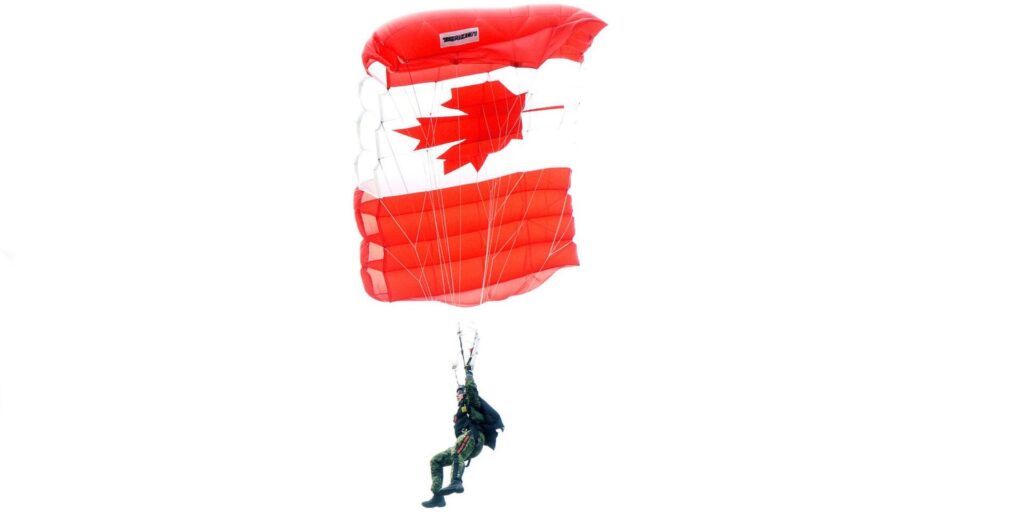
Party platforms, or manifestos – as they are known in the United Kingdom, may be a thing of the past. The parties made no effort to get their total package of proposals costed and available to the public until the last 9 days of the election. The publication of these platforms and the submission of specific proposals to the the Parliamentary Budget Officer are, to my mind, important steps in assuring a healthy democracy. Many voters, however, are not interested in accounting as a reason to support or oppose a given party.
What strikes me are the similarities between the Liberal and Conservative platforms. They both use a $20B figure as income from tariffs during the current trade war. Though no one really knows the level of ongoing tariffs in this or any future year, if we are charging that much in tariffs we will be in one heck of a fight . The funds will be needed by unemployed workers and struggling businesses. I found that the Liberals were more straight-forward in recognizing these needs than the Conservatives. Both the Liberals and the Conservatives used similar figures for reductions in the civil service ($13 B/ yr). They also commit to similar amounts of military spending ($ 7 B/ yr), enough to bring Canada up to its NATO commitments.
Where the two differ is on clean energy. The Conservatives are committed to reversing any legislation that the Liberals passed with regards to reducing carbon emissions and to claiming a massive $15B annual carbon dividend for running an economy on the market demand for fossil fuels. It is doubtful that freeing Canada of the demands of reducing carbon emissions would yield enough tax revenue to reduce the annual deficit. This is especially true in the middle of a trade war! The Conservatives go on to claim massive new tax revenue from the booming economy they will have stimulated in housing and capital gains. They also think that they will be able to stop $4 B in off shore tax evasion without investing in new investigations at the Canada Revenue Agency.
Still, the Conservatives found credible backing among budget experts for their assumptions. Kevin Page, Canada’s first Parliamentary Budget Officer, gave their budget a passing grade. Notably, he prefered the Liberal’s program for its realism, responsible management and transparency. The New Democrats’ budget was also rated as a “pass”. One of the downsides for the New Democrats was their $25 B/ year wealth tax. Though it makes good on the party’s income redistribution goals, it will face opposition from the lawyers and accountants of affluent Canadians and may discourage capital investment in Canada at a time when it is desparately needed.
All told, these budgets provide a variety of visions of how Canada could be prosperous and fair. None of them capture the level of sacrifice that will be needed to build a new economic and security model for the country, one that will depend less upon our American neighbours.
